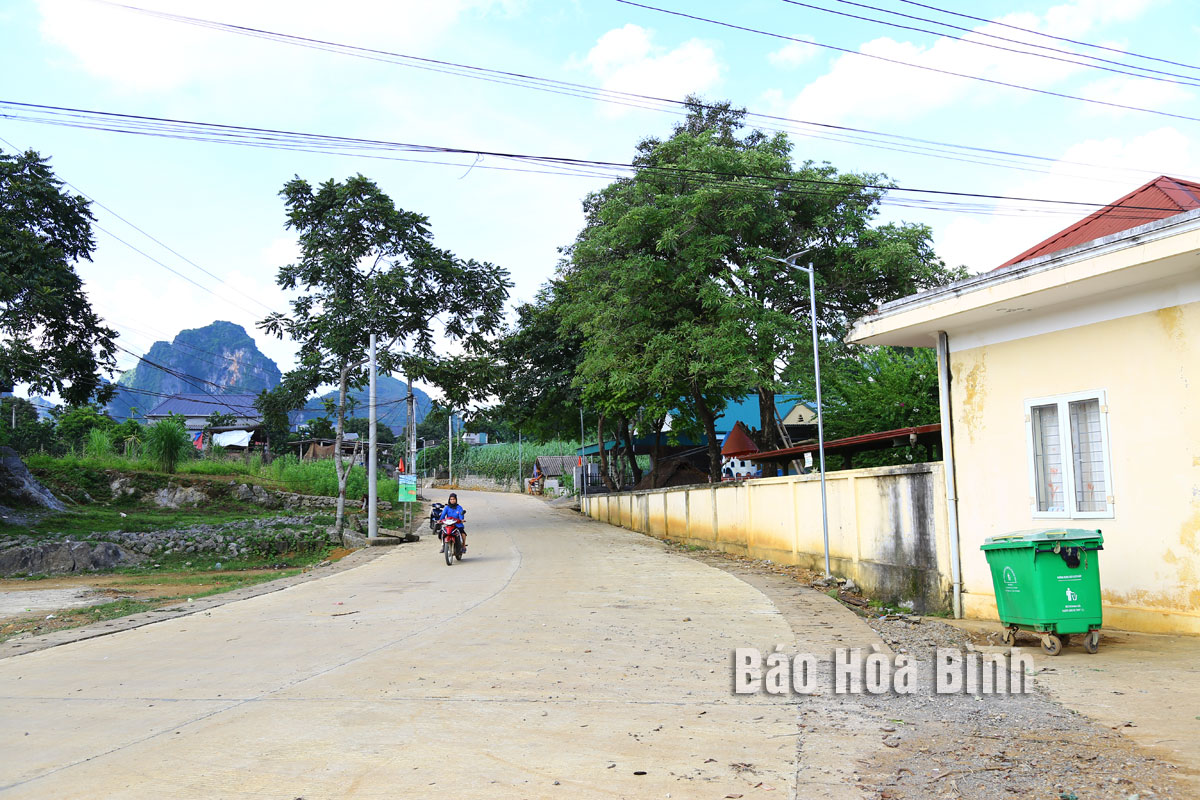Tran Van Y, head of the Labour, Invalids and Social Affairs Division of Cao
Phong said that over the years, the locality has integrated poverty reduction
contents into socio-economic programmes in the locality in particular periods,
while focusing resources for sustainable poverty reduction.
A survey on multidimensional poverty in the 2022-2025 period showed that last
year, the district had 11,719 poor households, accounting for 6.69% of the
total households, down 3.44% over 2021. The rate is likely to reach 4.99% in
2023, a decline of 1.7% year on year, he said.
In the beginning of the 2021-2025 period, Cao Phong reported three communes
with extreme difficult socio-economic conditions, namely Thung Nai, Hop Phong
and Thach Yen. In 2022, Hop Phong was recognised as a new-style rural area,
while Thung Nai is applying for the title, and Thach Yen is striving to
complete the programme in 2024. The district aims to complete the new-style rural
area building by 2025.
In 2022, the per capita income in Cao Phong reached 56 million VND (2,307 USD),
which is expected to increase to 59 million VND in 2023.
However, Y also pointed to a number of problems and difficulties facing Cao
Phong in sustainable poverty reduction, including those from geographical
location, and poor performance in job creation.
The district will mobilise resources from national target programmes to support
poor and near-poor households in terms of housing, capital and health
insurance, he said.
At the same time, Cao Phong will roll out comprehensive measures, including
promoting social consensus in sustainable poverty reduction, strengthening
training for local officials, increasing communications and the transfer of
technologies to the poor to boost their production, while integrating poverty
reduction into programmes and projects on health care, education, capital,
vocational training and livelihood support to the poor, he said.



